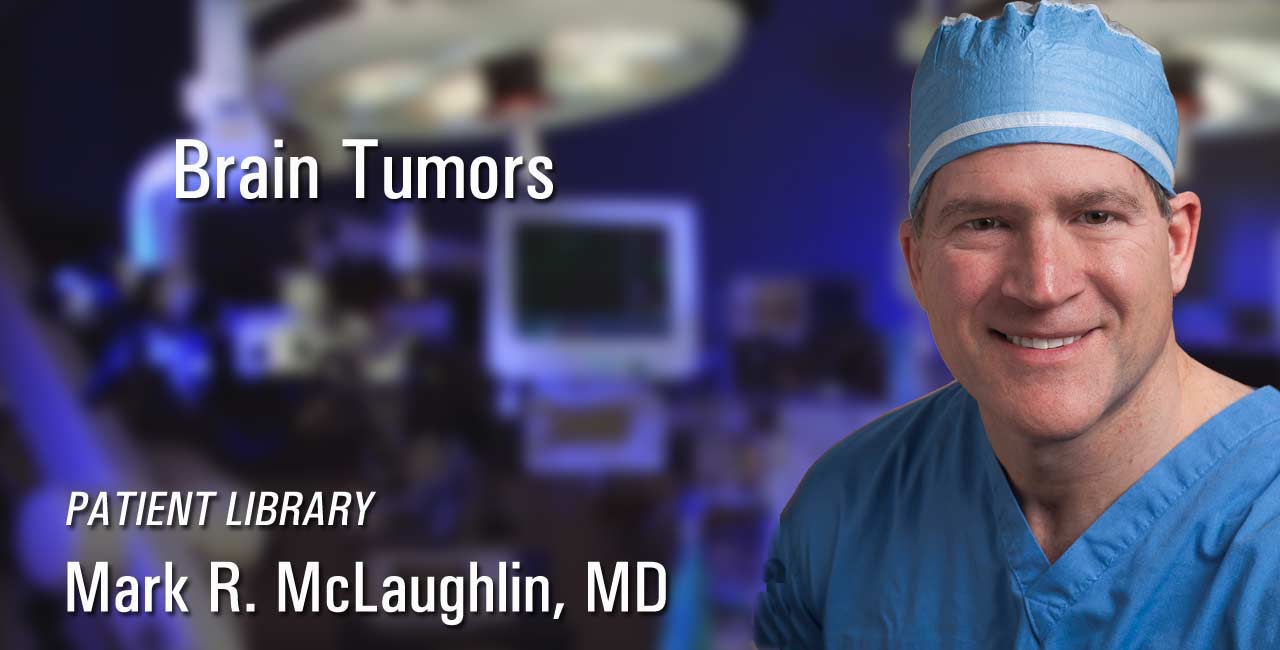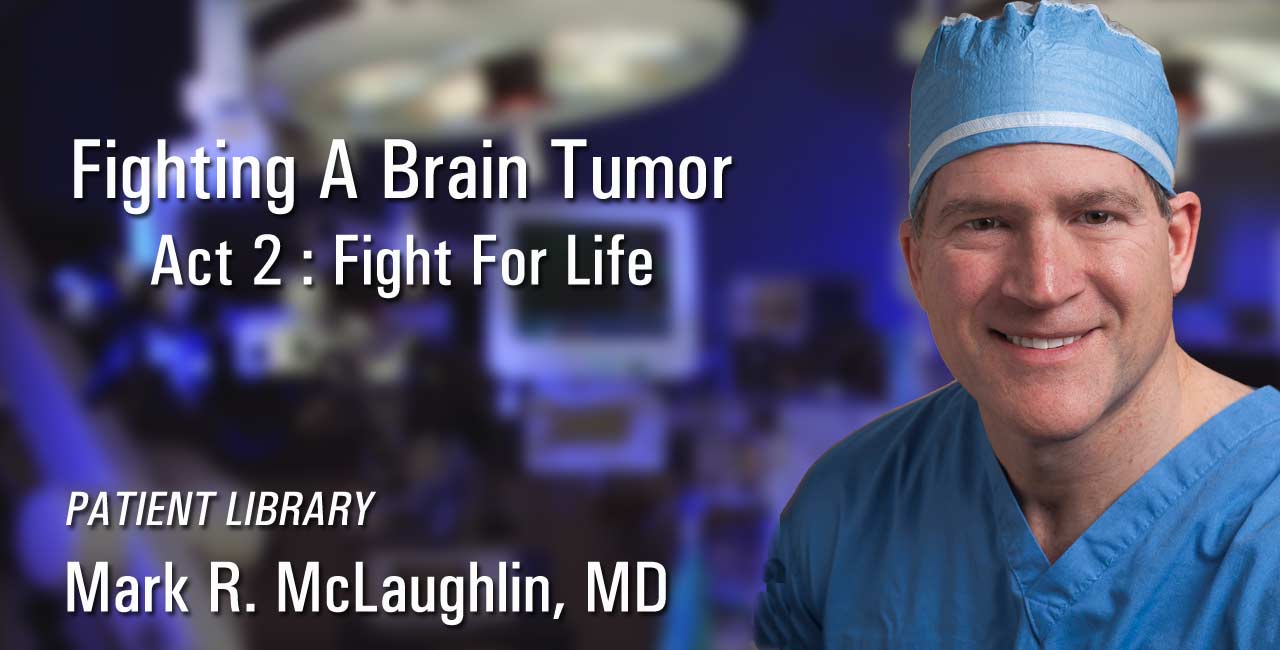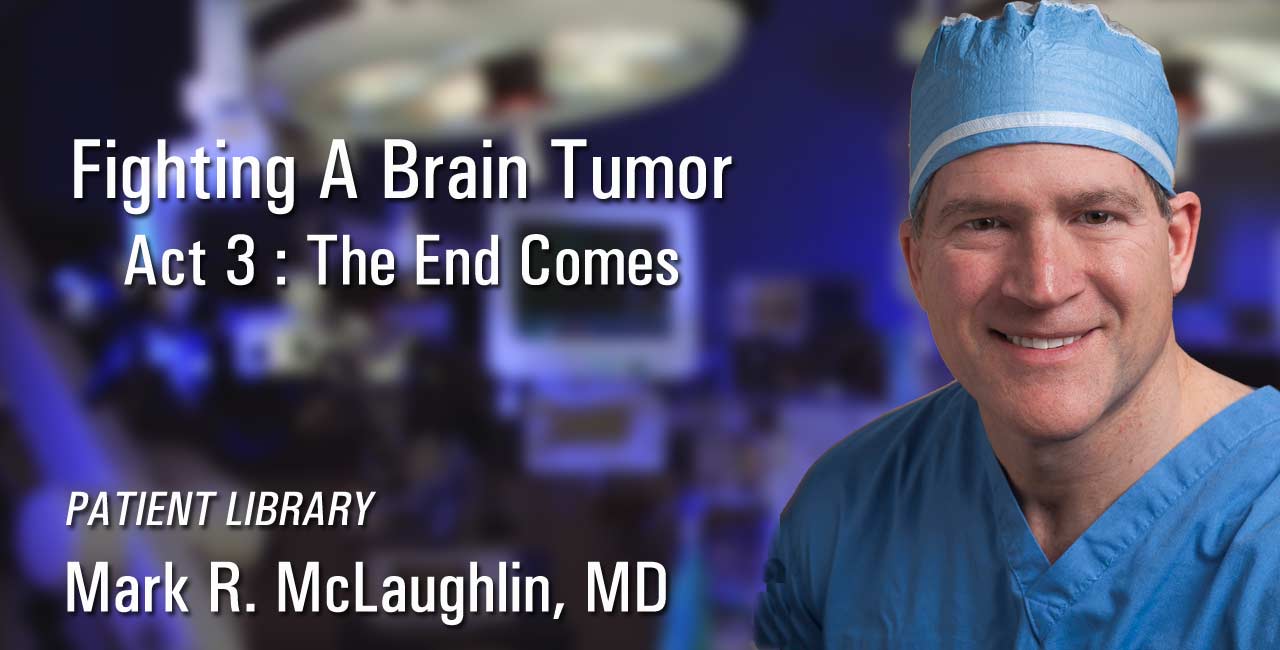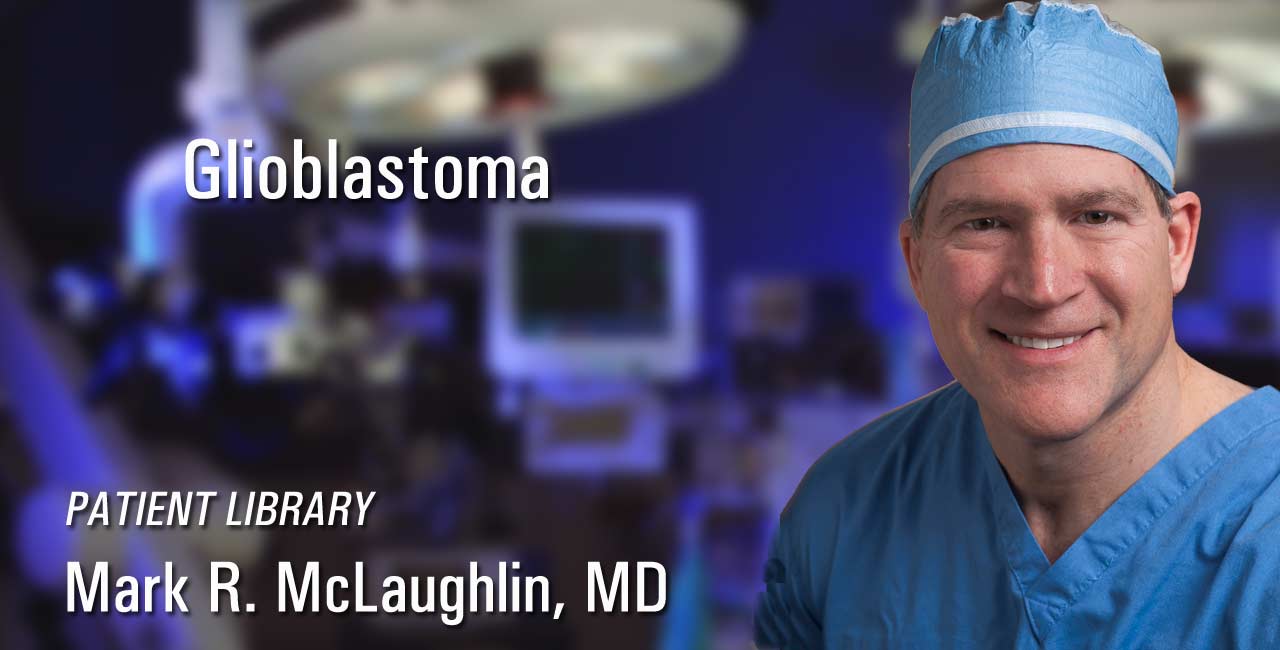Living and Dying with a Brain Tumor - The Question
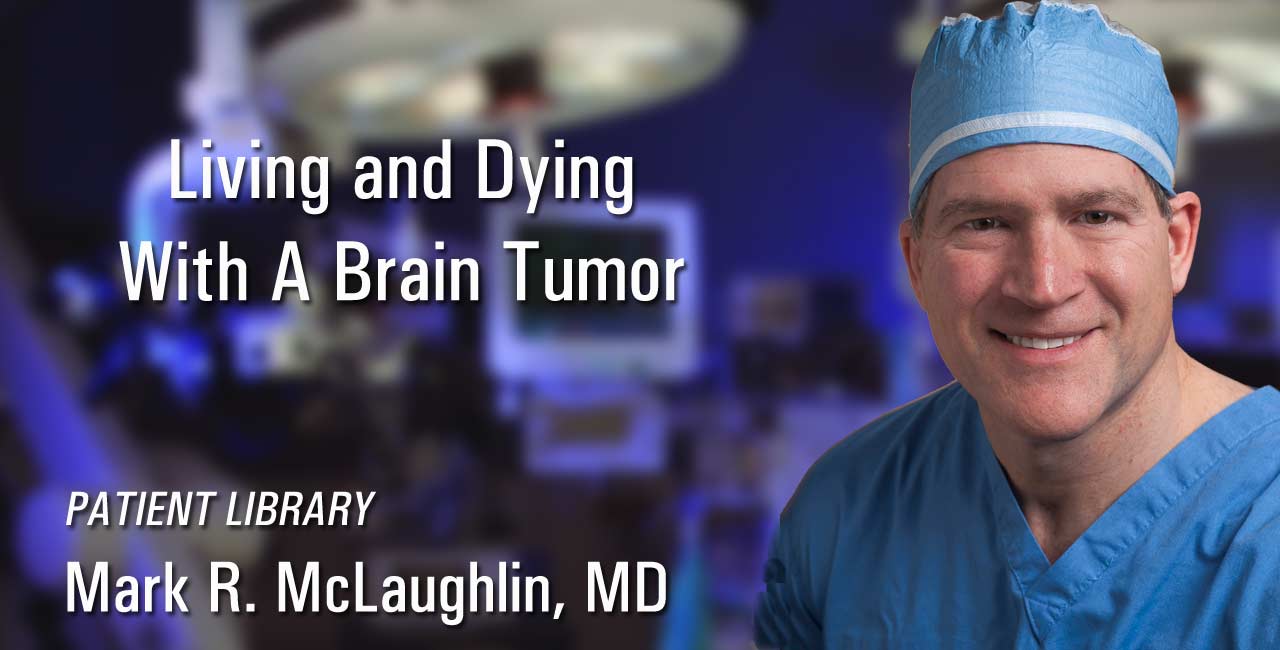
“What’s it like to tell someone they have a brain tumor?”
Ned, my high school buddy asked me recently at our reunion luncheon, trying to get an insider’s view of a neurosurgeon’s life. It’s actually a very common question that I am asked.
My reply has always been, “It is incredibly difficult, but I wouldn’t want anyone else to do it.”
This is the absolute truth. When it comes to delivering bad news, I prefer to do it myself. Not because I have an intrigue with the macabre, but rather I believe I can deliver it better than anyone else. To me, it’s as intricate a procedure as any of the most complicated operations I perform. The script needs to be clear, just the right length, and delivered perfectly.
Such an important conversation requires more than precision of words. If medicine is a theatre and our consultations the acts, such a moment demands perfection in all aspects of the production. The stage needs to be set: a quiet space away from the hustle and bustle of the hospital or office. There must be a feeling of separation without isolation. As the main actor, this is the patient’s most important moment. She must understand every aspect of her role; completely appreciate the gravity of the scene.
In my role of doctor as director, I have to coordinate this moment on stage. What happens in the next few poignant scenes is one of the most profound moments in my patient’s life. Not only will what follows forever change my patient, but their families and loved ones will remember and relive it long after I bow out of the consultation room.
Act One- Fighting a Brain Tumor... Informing the Patient
Brain Tumor Information for Patients - Expert Princeton Neurosurgeon
Brain Tumors
Brain Tumors. What we know... how we treat... what patients need to know. Top New Jersey Neurosurgeon Mark R. McLaughlin, MD is your guide.
Fighting A Brain Tumor : Act 1 - Informing The Patient
Act One- Fighting a Brain Tumor... Informing the patient. The patient usually knows the words to come long before I sound the first syllable. Almost always, people with cancer in their lives more than look me in the eyes.
Fighting A Brain Tumor : Act 2 - The Fight For Life
Fighting a Brain Tumor.... Act Two- the fight for life. This is the toughest battle a patient will likely ever encounter in their lives. At this point in the script, patients have had their surgery and we’re discussing the results. The
Fighting A Brain Tumor : Act 3 - When the End Comes
Fighting a Brain Tumor Act 3... when the end comes. When the fight has been fought and the enemy reigns superior, the team yields and the toughest question of all must be faced.
Understanding Glioblastoma
On April 30, 2025, acclaimed singer Michael Bolton was interviewed in People Magazine about his December 2023 diagnosis of glioblastoma, his surgery, and his current condition.
